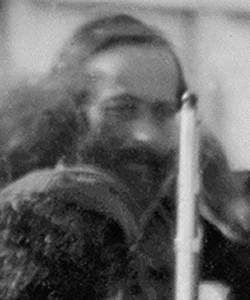Henry Wirz (American National Biography)
Scholarship
The Confederacy he returned to in February 1864 had fallen on hard times as he found out when [Brigadier General] Winder placed him in command of the stockade at the Andersonville, Georgia, prison in March of that year. The exchange of prisoners had ceased, and the overpopulated compound rapidly became a hell on earth for everyone there. The Confederacy was so short of the basic necessities that even Confederate troops in the field were near starvation. Prisoners ranked last in importance, and Wirz was lucky to be able to feed his charges anything at all. Food, medicine, housing, even water were in short supply by that summer. As Union prisoners died by the thousands, the northern press characterized both Winder and Wirz as "inhuman fiends" and "monsters."
The assassination of Abraham Lincoln further inflamed the North, already sickened and enraged over the prisoner issue, and the public demanded that someone pay for these crimes. Winder died of a heart attack on 6 February 1865, thus depriving vengeful Union authorities of any opportunity of trying him as a war criminal. That left Wirz, who was arrested in May 1865, still tending to the sick at Andersonville. The Wirz "trial" lasted for three months; he was charged with murder and abuse of prisoners and of conspiring with Jefferson Davis, James Seddon, and others to murder the prisoners en masse. Lies and distortions were accepted as fact, and Wirz was sentenced to hang "for impairing the health and destroying the lives of prisoners."
The assassination of Abraham Lincoln further inflamed the North, already sickened and enraged over the prisoner issue, and the public demanded that someone pay for these crimes. Winder died of a heart attack on 6 February 1865, thus depriving vengeful Union authorities of any opportunity of trying him as a war criminal. That left Wirz, who was arrested in May 1865, still tending to the sick at Andersonville. The Wirz "trial" lasted for three months; he was charged with murder and abuse of prisoners and of conspiring with Jefferson Davis, James Seddon, and others to murder the prisoners en masse. Lies and distortions were accepted as fact, and Wirz was sentenced to hang "for impairing the health and destroying the lives of prisoners."
Arch Fredric Blakey, "Wirz, Henry", American National Biography Online, February 2000, http://www.anb.org/articles/04/04-01167.html.






